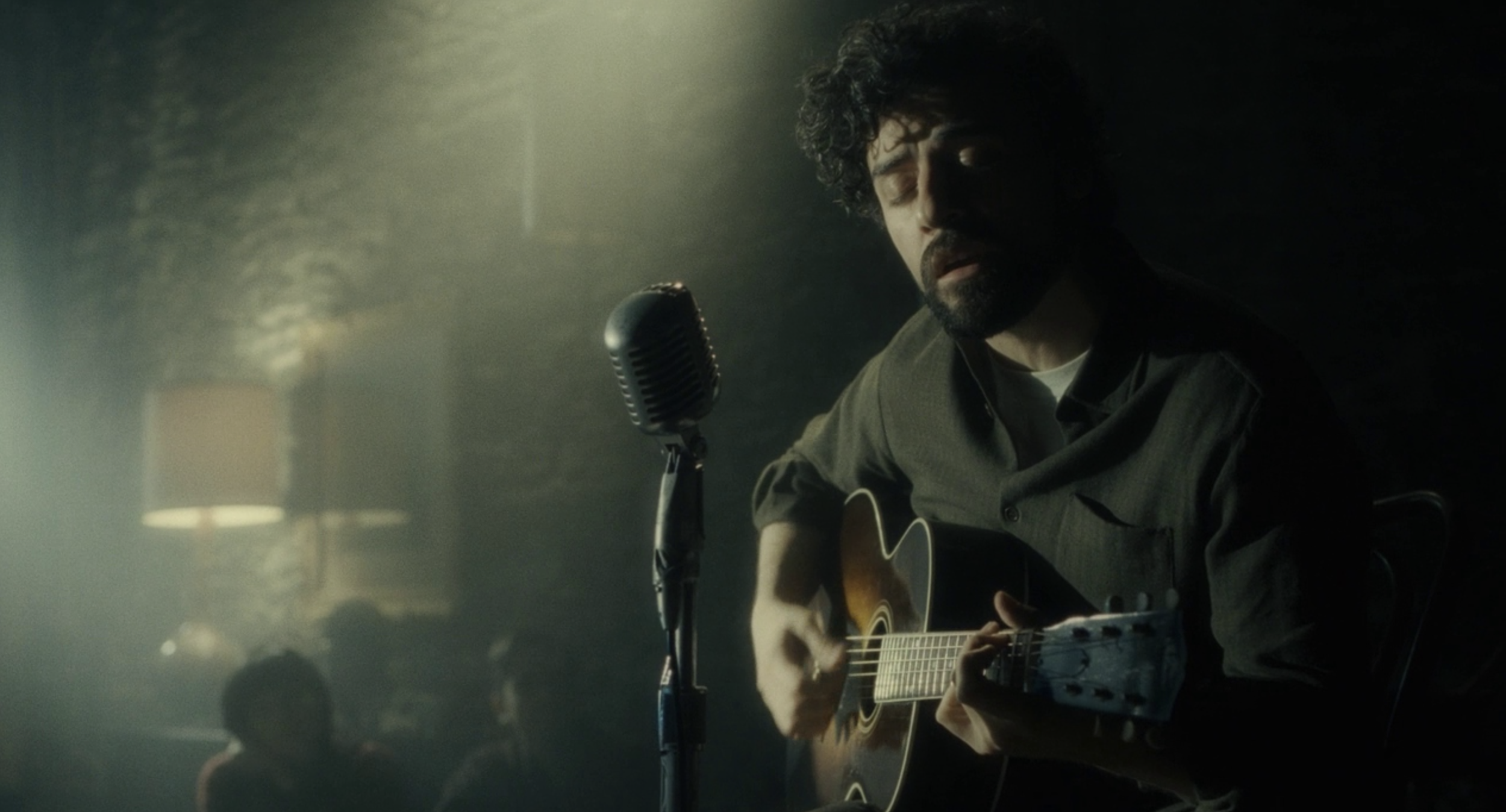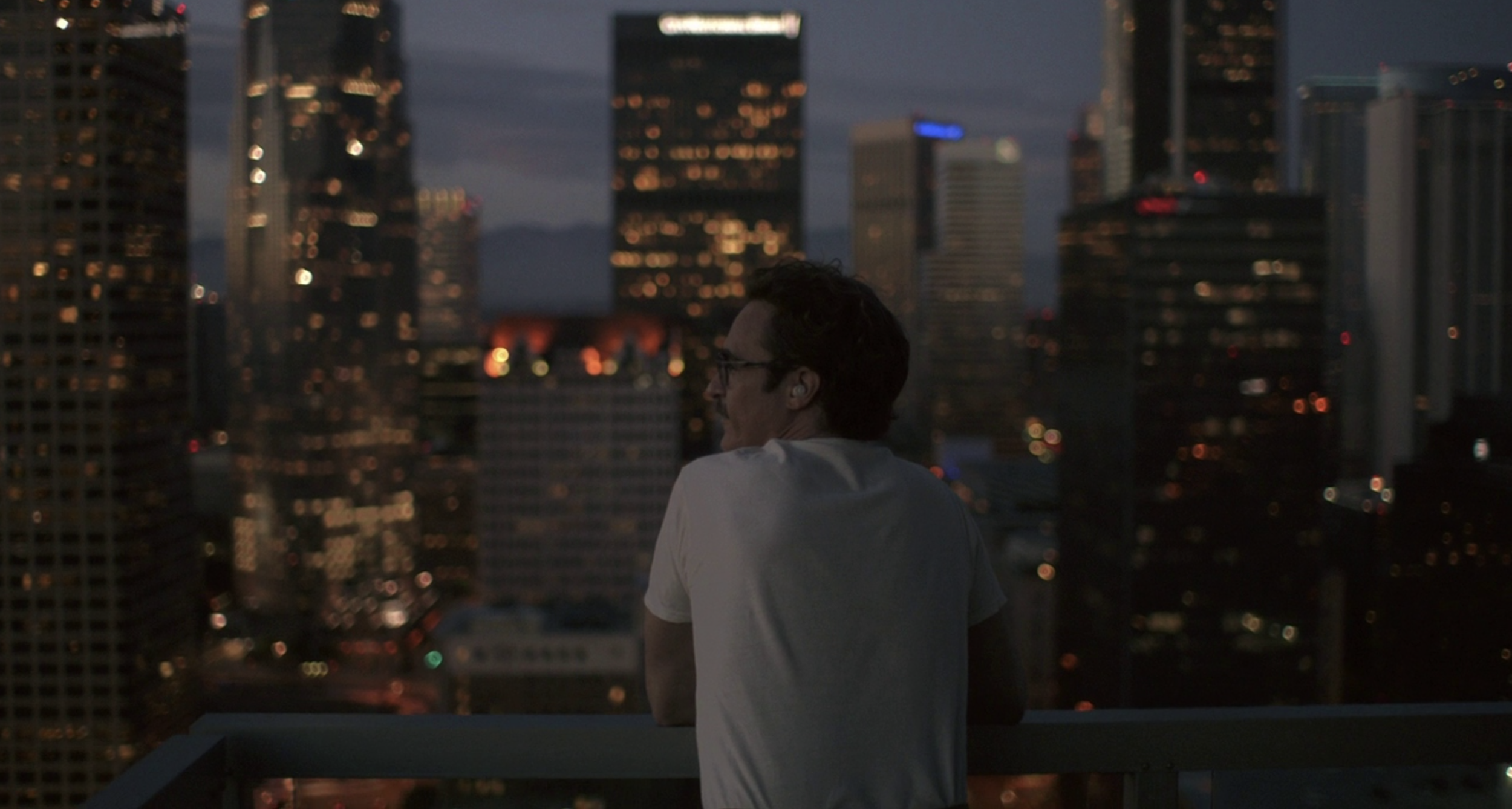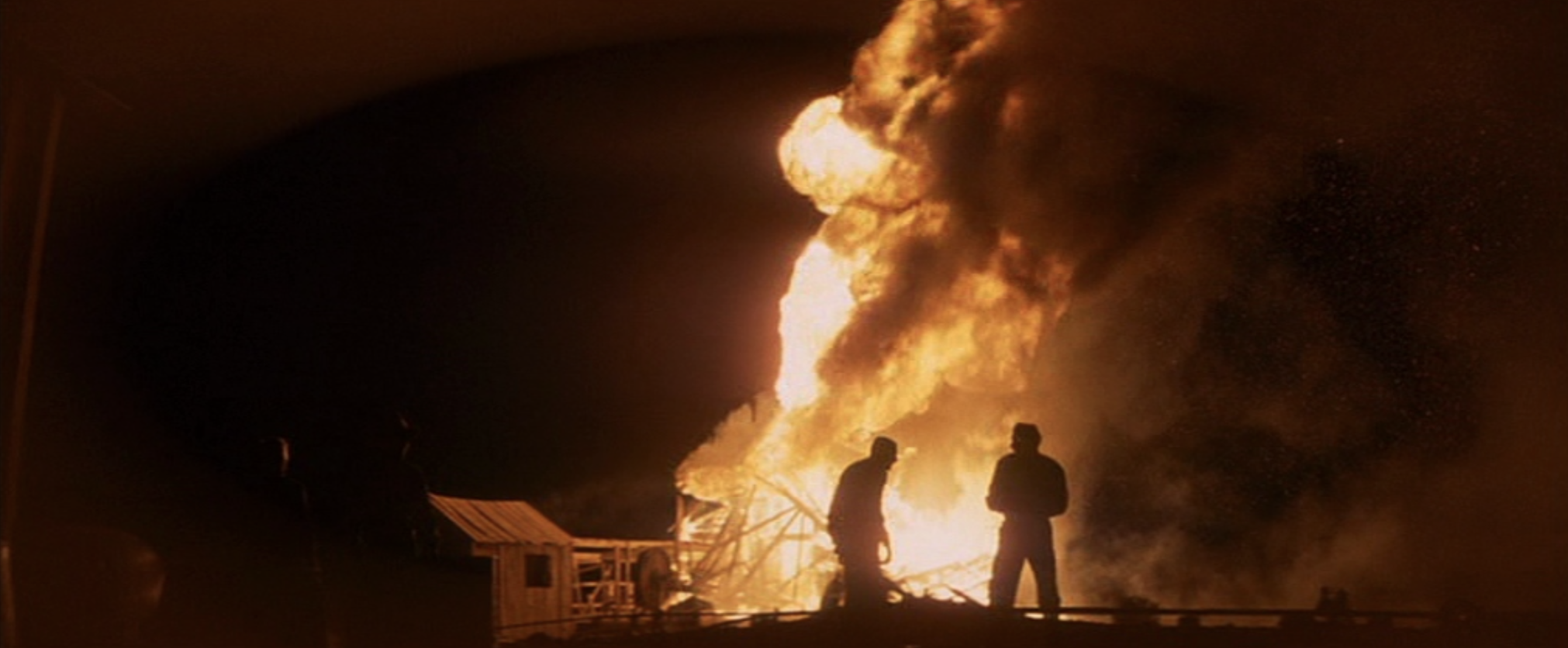Why We Watch
Twenty-Four Frames a Second. That’s how fast movies come at you—yet for most of us, certain films stay with us long after we’ve driven away from the theater, gotten up from the couch, or even stepped off a plane.
If you stop and think about it, I bet you can remember the first movie that really hit you. For me, I was three years old, watching A Goofy Movie, completely in awe. I also remember seeing Jurassic Park and knowing, in that moment, that this was what I wanted to do—to watch movies, to make movies, and to create something that might inspire someone else the way those films inspired me.
Film Still: Jurassic Park
Credit: Universal
Film Still: Whiplash
Credit: Sony Pictures Classic
So why do we keep coming back? Why do we willingly spend ninety minutes—sometimes three hours—watching someone else’s creation? Because there’s something powerful about cinema. You’ve had a hard day, and you want to escape into a comfort film like Young Frankenstein or When Harry Met Sally. Or maybe you want to be challenged, to wrestle with your own beliefs in films like Whiplash or Come & See. Sometimes, you just want to spend an evening with characters who make you laugh, cry, or remind you of something you’ve lost. No other art form does that quite like film. It blends the emotion of music, the rawness of story, the power of light and shadow, and, for a couple of hours, it transports us. It reminds us that we may be flawed, we may be uncertain—but we’re here. We’re alive.
At its best, cinema doesn’t just show us something—it makes us feel something. It unsettles us, comforts us, challenges us, or gives us a sense of recognition. Sometimes, we watch to escape into worlds far from our own, like Star Wars or The Lord of the Rings, where the battle between good and evil feels larger than life. Other times, we watch to confront something real, to see our own experiences reflected back at us in ways we never expected—like Manchester by the Sea, which forces us to sit with grief, or Boyhood, which reminds us how fleeting time really is.
Film Still: Manchester By The Sea
Credit: Roadside Attractions
Film Still: Llewyn Davis
Credit: StudioCanal
Because at our core, we’re creatures of narrative. We make sense of the world through stories—whether it’s the myths that shaped ancient civilizations or the movies we gather around today. Stories help us process emotions, navigate hardships, and, sometimes, just survive. Even when we don’t realize it, the films we love are often the ones that speak to something deep within us—something we need, something we fear, or something we’re searching for. That’s why a movie like Inside Llewyn Davis can resonate so deeply with anyone who has ever felt stuck, or why The Matrix still sparks existential questions decades later. We’re drawn to the stories that remind us we’re not alone in what we feel.
At its best, cinema doesn’t just show us something—it makes us feel something. It unsettles us, comforts us, challenges us, or gives us a sense of recognition. Sometimes, we watch to escape into worlds far from our own, like Interstellar, where the boundaries or time are blurred or Spirited Away, where fantasy becomes a metaphor for growing up. Other times, we watch to confront something real, to see our own experiences reflected back at us in ways we never expected—like Moonlight, which captures the quiet struggle of identity, or The Wrestler, which lays bare the pain of chasing a past that no longer exists.
Film Still: The Wrestler
Credit: Fox Searchlight Pictures
Film Still: Her
Credit: Warner Bros.
Because at our core, we’re creatures of narrative. We make sense of the world through stories—whether it’s the myths that shaped ancient civilizations or the movies we gather around today. Stories help us process emotions, navigate hardships, and, sometimes, just survive. Even when we don’t realize it, the films we love are often the ones that speak to something deep within us—something we need, something we fear, or something we’re searching for. That’s why Children of Men feels more urgent with each passing year, or why Her resonates with anyone who has ever felt the longing for connection in a disconnected world. We don’t just watch movies. We seek pieces of ourselves in them.
And when a movie truly moves us, it doesn’t just make us want to watch more—it makes us want to create. It’s not just about what’s happening on screen, but what it stirs inside of us, the questions it raises, the way it changes how we see the world. The first time I saw There Will Be Blood, I remember sitting in stunned silence as the credits rolled, not just because of what I’d witnessed but because I wanted to make something that left people feeling that way. Great films remind us that storytelling isn’t passive—it’s an act of expression, of meaning-making, of reaching out to others. And it’s not just for the chosen few—it’s for anyone willing to pick up a camera, write a scene, or dream up a story worth telling.
Film Still: There Will Be Blood
Credit: Paramount Vantage
Film Still: Do The Right Thing
Credit: Universal
Cinema is more than entertainment. It’s a mirror, reflecting our fears, desires, and questions back at us. It’s a teacher, showing us different ways of seeing the world, giving us the words and images to process our own experiences. And it’s a time capsule, preserving moments of human emotion and thought, carrying them across generations. Casablanca still resonates today because love and sacrifice never stop being relevant. Do the Right Thing still stings because the conversations it started haven’t ended.
So why do we watch? We watch because we want to escape. We watch because we want to learn. We watch because we want to be entertained. We watch because we want to feel connected.
We watch movies for the same reason I’ve always wanted to make them—because we’re human, and we’ve got a story to tell.
And the story isn’t over.
Always For The Love Of Movies,
Jonathan Austin









